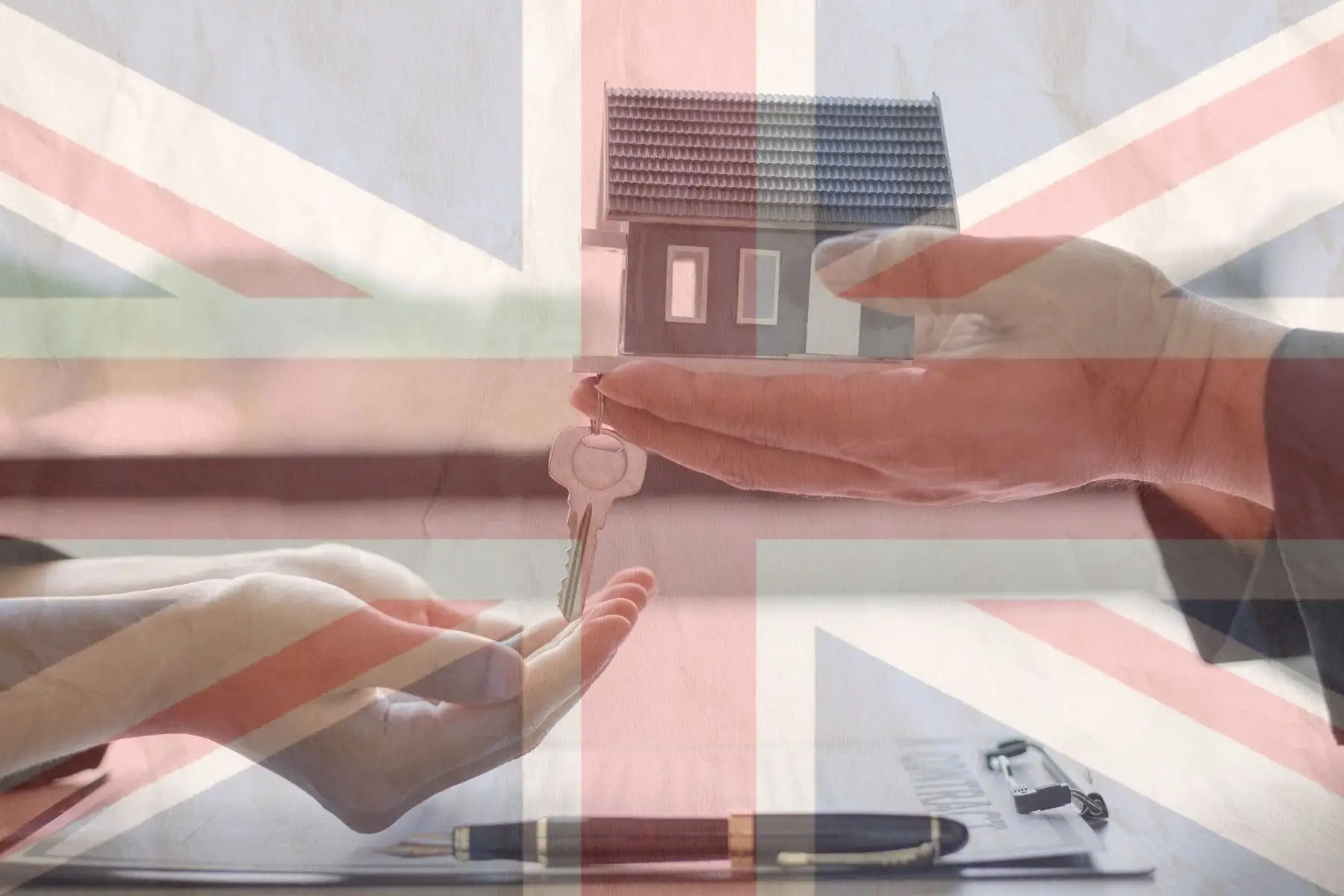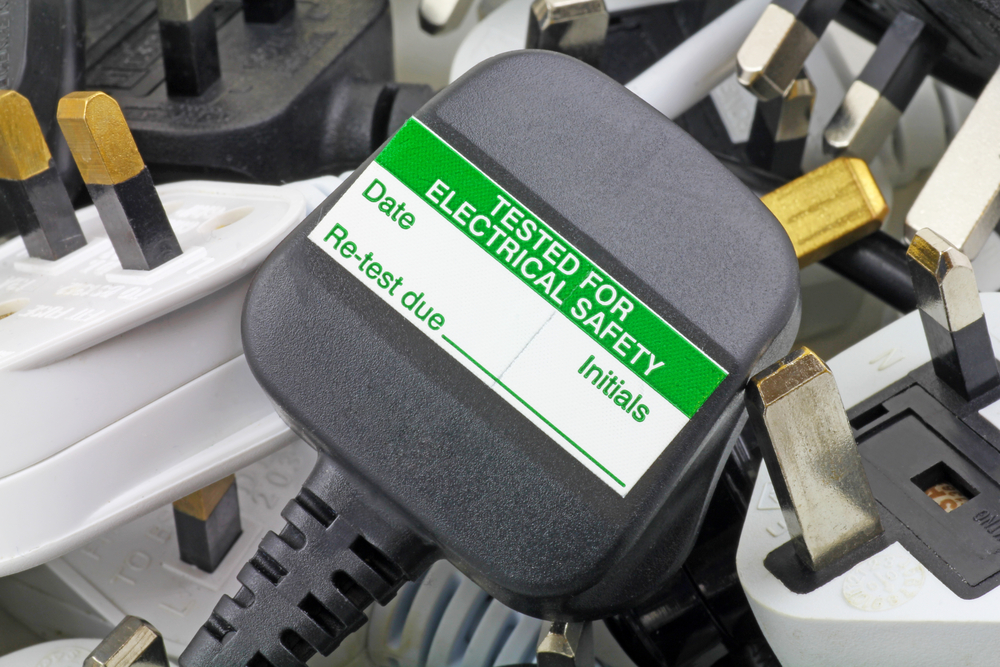Navigating Regulation And Compliance In the UK Buy-to-Let Industry: A Comprehensive Guide for Landlords
As a landlord in the UK buy-to-let industry, it is important to be aware of the various regulations and compliance requirements that apply to your properties. Failure to comply with these regulations can result in costly fines and other legal consequences. In this blog post, we’ll take a closer look at nine of the most important regulations and compliance requirements in the UK buy to let industry.
List Of Regulations And Compliance Requirements For UK Buy To Let
Energy Performance Certificate (EPC):
The Energy Performance Certificate (EPC) is a report that provides information on a property’s energy efficiency. Landlords must have an EPC in place before they can rent out a property. The certificate provides a rating of the property’s energy efficiency on a scale of A to G, with A being the most efficient and G the least. Landlords must also provide a copy of the EPC to prospective tenants. Unless an exemption is in place, rental properties in the UK must have an EPC rating of at least an E in order to be eligible for letting.
Gas Safety Certificate:
The Gas Safety Certificate is a legal requirement for landlords in the UK. Landlords must ensure that any gas appliances, pipes, and flues in their properties are safe and in good working order. This involves having an annual gas safety check carried out by a qualified gas safe engineer. Landlords must also provide a copy of the gas safety certificate to tenants.
Right to Rent:
The Right to Rent legislation requires landlords to check the immigration status of tenants before they can rent out a property. This involves checking the tenant’s passport or visa and making a copy of the relevant documents. Landlords must also keep a record of the checks they have carried out.
Fire Safety Regulations:
Fire safety regulations are in place to ensure that properties are safe and free from fire hazards. Landlords must have smoke alarms installed in their properties and ensure they are in good working order. They must also carry out fire risk assessments and take any necessary measures to reduce the risk of fire.
- Electrical Installation Condition Report (EICR):
Safety regulations require landlords to ensure that all electrical equipment in their properties is safe and in good working order. This includes electrical wiring, plugs, and sockets. Every five years, landlords must have electrical safety check carried out by a qualified electrician – this is called an Electrical Installation Condition Report. This recently introduced regulation catches many landlords out, particularly those that have long-standing tenants and have not recently rented out their property via a letting agency.
Tenancy Deposit Protection:
The Tenancy Deposit Protection regulations require landlords to protect their tenants’ deposits in a government-backed scheme. This helps to ensure that the deposit is returned to the tenant at the end of the tenancy if they have met the terms of the tenancy agreement.
HMO Licensing:
HMO (House in Multiple Occupation) licensing is required for properties that are occupied by three or more tenants who are not from the same household and who share facilities such as kitchens and bathrooms. HMO licensing is designed to ensure that these properties are safe and meet minimum standards for health and safety. Certain areas in the UK do not accept new HMO license applications, so it is important to check this before committing to a property if HMO investing is your desired strategy.
Furniture and Furnishings (Fire) Safety Regulations:
The Furniture and Furnishings (Fire) Safety Regulations require landlords to ensure that all upholstered furniture and furnishings in their properties meet fire safety standards. This includes items such as sofas, armchairs, and mattresses. Landlords must ensure that all furniture and furnishings are labelled with a fire safety label and that they are in good condition.
The Smoke and Carbon Monoxide Alarm Regulations:
The Smoke and Carbon Monoxide Alarm Regulations require landlords to install smoke alarms and carbon monoxide detectors in their properties. Landlords must also ensure that these alarms and detectors are in good working order and replace the batteries as necessary.
Get Help With UK Compliance And Regulation For Buy To Let Property
At Prime Residential, we understand the importance of regulation and compliance in the UK buy to let industry. Our team of experienced property managers are up-to-date with all of the latest regulations and compliance requirements, and we can help landlords ensure that their properties are fully compliant. We can provide assistance with obtaining EPCs, gas safety certificates, EICRs, and other necessary documentation, as well as carrying out fire risk assessments and ensuring that all furniture and furnishings meet fire safety standards. We can also help with Right to Rent checks, HMO licensing, and ensuring that smoke and carbon monoxide alarms are installed and in good working order.
By choosing Prime Residential as your property management company, you can have peace of mind knowing that your properties are in compliance with all relevant regulations and requirements. We will take care of all of the details, so you can focus on what you do best – growing your buy to let portfolio.
Contact us today to learn more about how we can help you manage your properties in a compliant and efficient manner.










